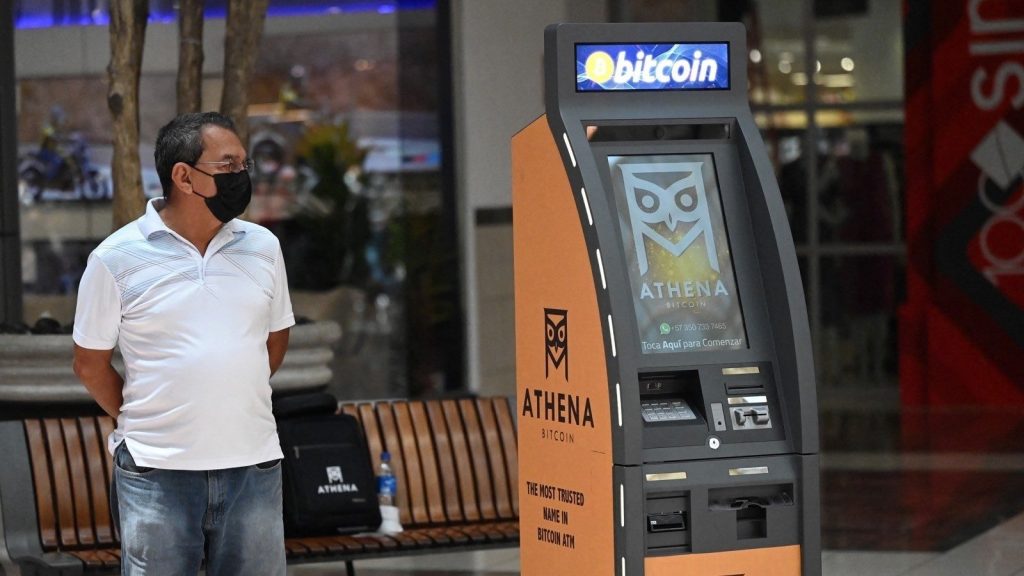
El Salvador became the first country to accept Bitcoin as legal currency, despite widespread skepticism in El Salvador and warnings from the international community about the risks for consumers.
The government of President Nayib Bukele claims that the move will allow many Salvadorans to access bank services for the very first time, and help them save $400 million annually on fees for sending money home from abroad.
“Tomorrow, the eyes of the entire world will be focused on El Salvador for the first ever time in history,” Mr Bukele said. Yesterday, Mr Bukele tweeted that #Bitcoin did it.
Yesterday evening, he announced that El Salvador had purchased its first 400 bitcoins in two tranches totaling 200. He promised more.
According to Gemini, the bitcoin exchange app Gemini, the 400 bitcoins were worth around $21 million.
Recent polls have shown that the majority of El Salvador’s 6 million inhabitants oppose the idea. They will continue to use the US dollar as the legal currency for the past 20 years.
Jose Santos Melara, a skeptic, said that bitcoin was a currency that doesn’t exist and that it will not benefit the poor as much as the rich. He took part in a demonstration by hundreds of people in San Salvador’s capital last week.
“How can a poor person invest in bitcoin if they don’t have enough food?”
El Salvador’s parliament passed a June law that allowed the use of crypto money as a tender for goods and services.
The President Bukele initiative bill was approved by Congress within 24 hours of it being presented — where his allies hold a majority since March.
Experts and regulators raised concerns about cryptocurrency’s volatility and lack of protections for users.
To prevent arson by opposition, the government has installed more than 200 bitcoin-teller machines.
And Mr Bukele promised $30 to each citizen who adopts this currency.
According to Laura Andrade (director of the Public Opinion Institute of Central American University), “These are decisions that the administration and legislators have made without consulting” the population. A poll found that 70% of Salvadorans were against the move.
She stated that she has seen people not see a significant improvement in their lives.
Nearly two-thirds (63%) of Salvadorans polled for the poll stated that they were not interested in downloading the “Chivo” electronic wallet, which will allow them to purchase and spend bitcoin.
Oscar Cabrera from the University of El Salvador is an economist who said that currency volatility would have a negative impact on consumers and affect the price of goods.
In June, the currency was below $30,000, which is less than half of its record high of over $64,000 two months ago.
The Salvadoran Foundation for Economic and Social Development, FUSADE, stated that it was against the Constitution to require merchants to accept Bitcoin as a payment method.
Concerns have been expressed by economists as well as international organizations such the World Bank, International Monetary Fund, and Inter-American Development Bank about El Salvador’s adoption of bitcoin.
The United States has asked El Salvador to ensure that bitcoin is regulated, transparent, and responsible. It also requested El Salvador to be protected from hackers and other malicious actors.
Regulators have criticized Bitcoin for its potential illegal use, notably in laundering criminal proceeds and financing terrorism.
However, not all are against bitcoin. Mr Bukele reported that in June some 50,000 Salvadorans used bitcoin.
